HOSPEEM-EPSU Solidarity message with Ukraine employers and trade unions
Brussels, 11.03.2022
The social partners involved in the European sectoral social dialogue – Hospital and Healthcare, HOSPEEM and EPSU, strongly deplore and condemn the unprovoked attack of the Russian government on the territorial integrity of Ukraine. Furthermore, we are horrified by the reported attack on a maternity and children hospital in Mariupol, Ukraine on March 9. As of March 10, the WHO has confirmed 25 other attacks¹. Attacks against civilians and civilian infrastructure such as hospitals must stop immediately. Furthermore, we are calling on all to respect and protect in all circumstances health facilities, civilian and military medical units in line with International Humanitarian Law. Reiterating the words of the WHO, the social partners stress that health providers must be protected so they are allowed to treat the injured, and to save lives. We express our solidarity with fellow employers, trade unions and workers in the hospital and healthcare sector, who continue to provide medical care to people in Ukraine in the direst circumstances. Our member organisations across Europe are collecting medical equipment and similar resources to support healthcare provision.
¹ https://twitter.com/WHOUkraine/status/1501975933841920011
***
Лист солідарності з роботодавцями та профспілками України
Соціальні партнери, які беруть участь у європейському секторальному соціальному діалозі – Hospital and Healthcare, HOSPEEM і EPSU, висловлюють скорботу і рішуче засуджують безпричинний напад російського уряду на територіальну цілісність України. Крім того, ми в жаху від повідомлення про напад на родинний будинок і на дитячу лікарню в Маріуполі 9 березня. Станом на 10 березня ВООЗ підтвердила ще 25 нападів. Напади на цивільне населення та цивільну інфраструктуру, такі як лікарні, повинні негайно припинитися. Крім того, ми закликаємо всіх поважати і захищати за будь-яких обставин медичні установи, цивільні та військові медичні формування відповідно до міжнародного гуманітарного права. Повторюючи слова ВООЗ, соціальні партнери підкреслюють, що медичні працівники повинні бути захищені, щоб вони могли лікувати поранених і рятувати життя. Ми висловлюємо солідарність з іншими роботодавцями, профспілками та працівниками лікарень та усіх закладів охорони здоров’я, які продовжують надавати медичну допомогу людям в Україні в складних умовах. Наші організації-члени по всій Європі збирають медичне обладнання та аналогічні ресурси для підтримки надання медичної допомоги.
EPSU also published this message.

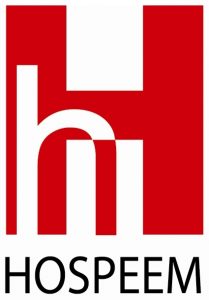
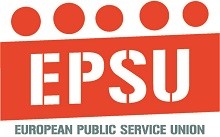
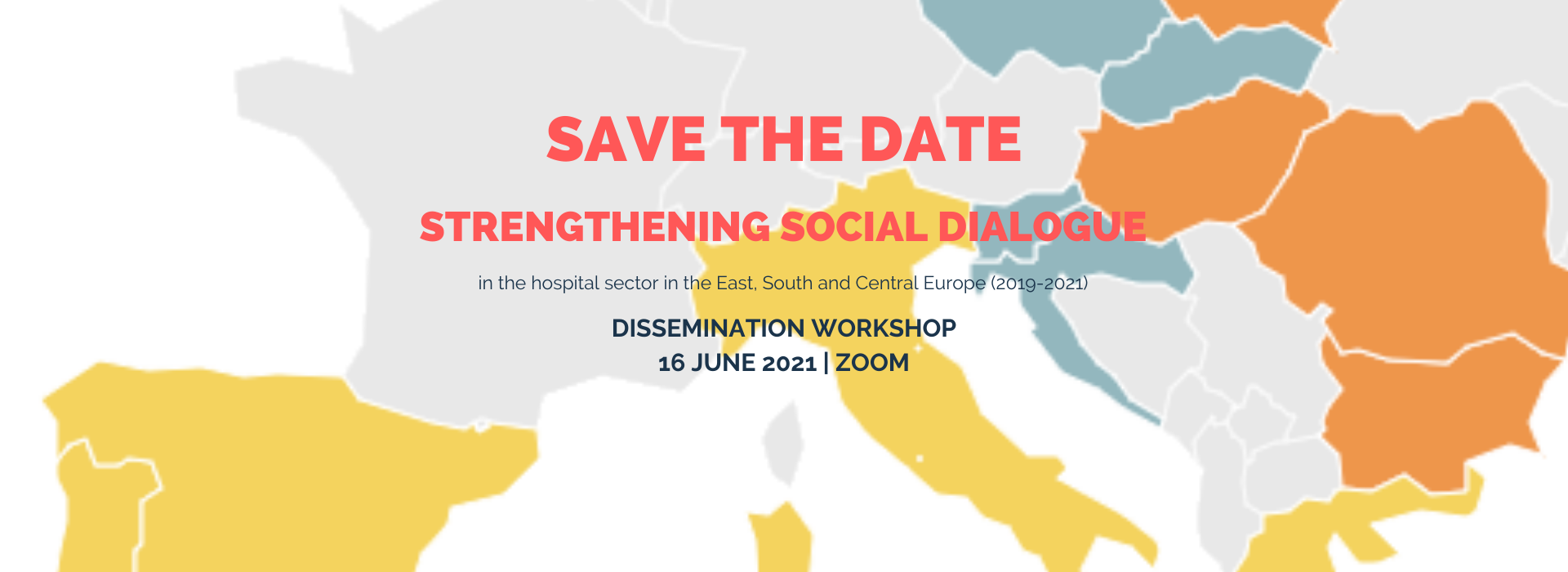
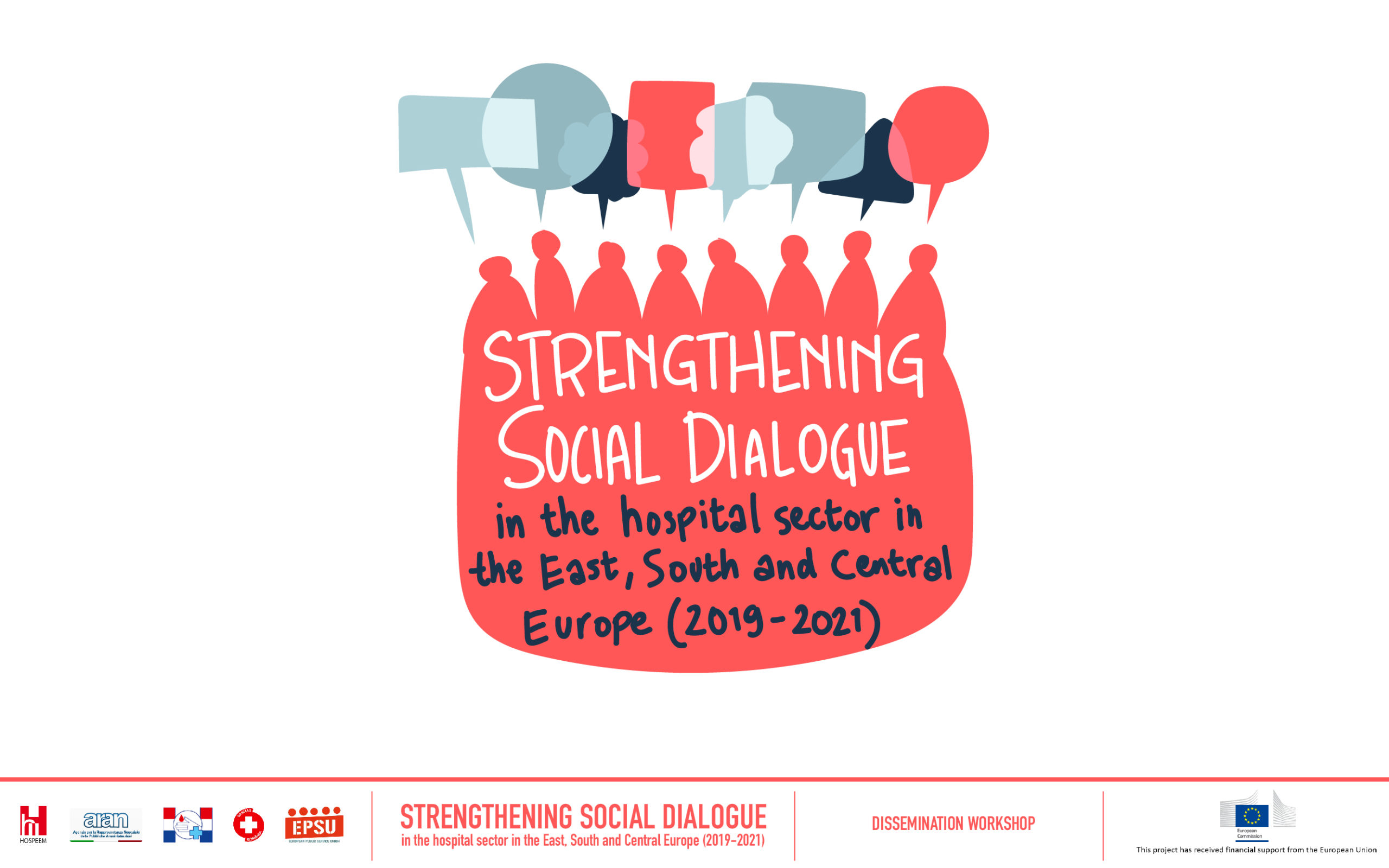 The Dissemination Workshop of the
The Dissemination Workshop of the 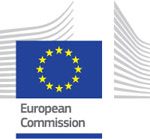
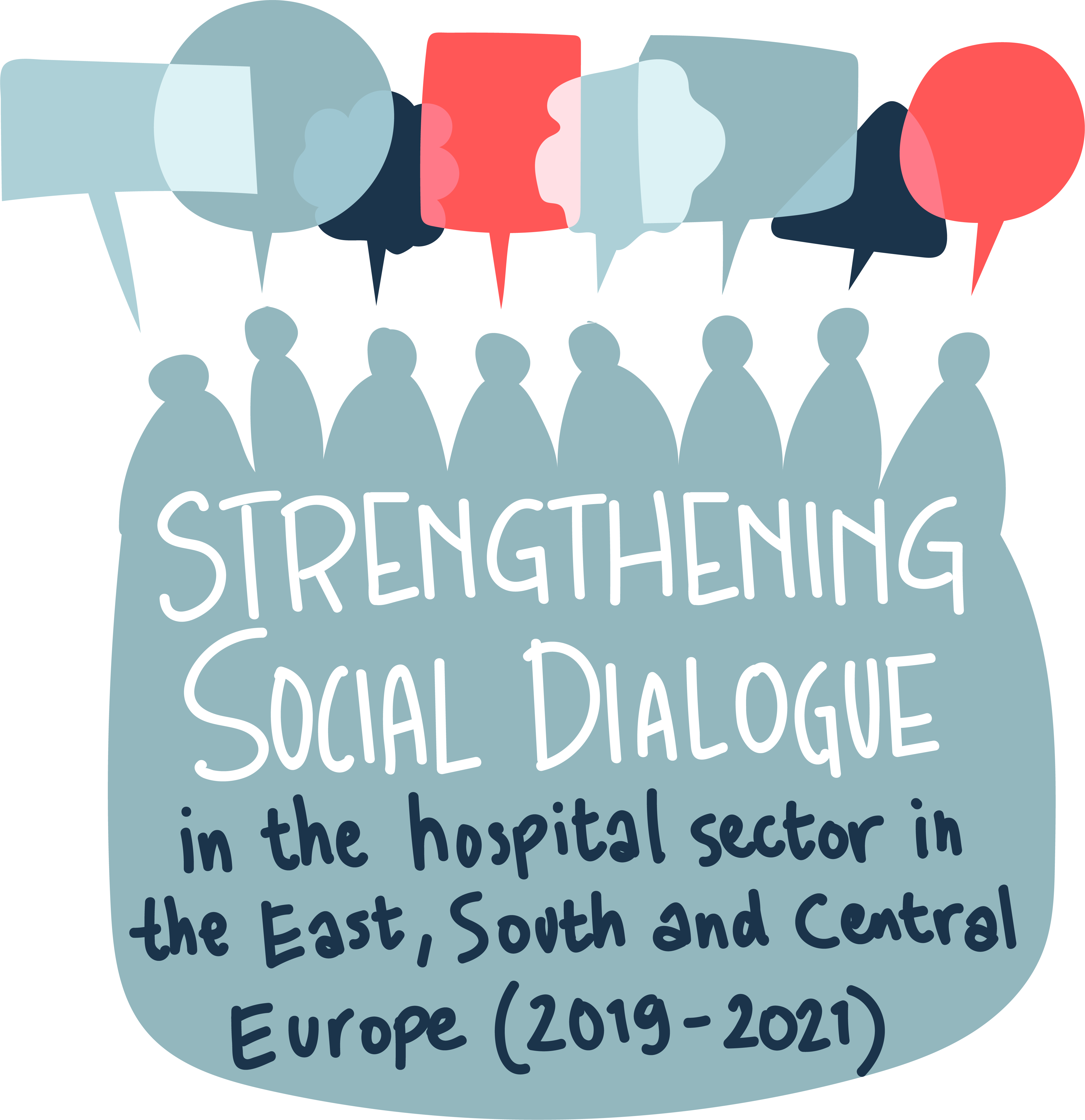 The third Regional Workshop of the
The third Regional Workshop of the 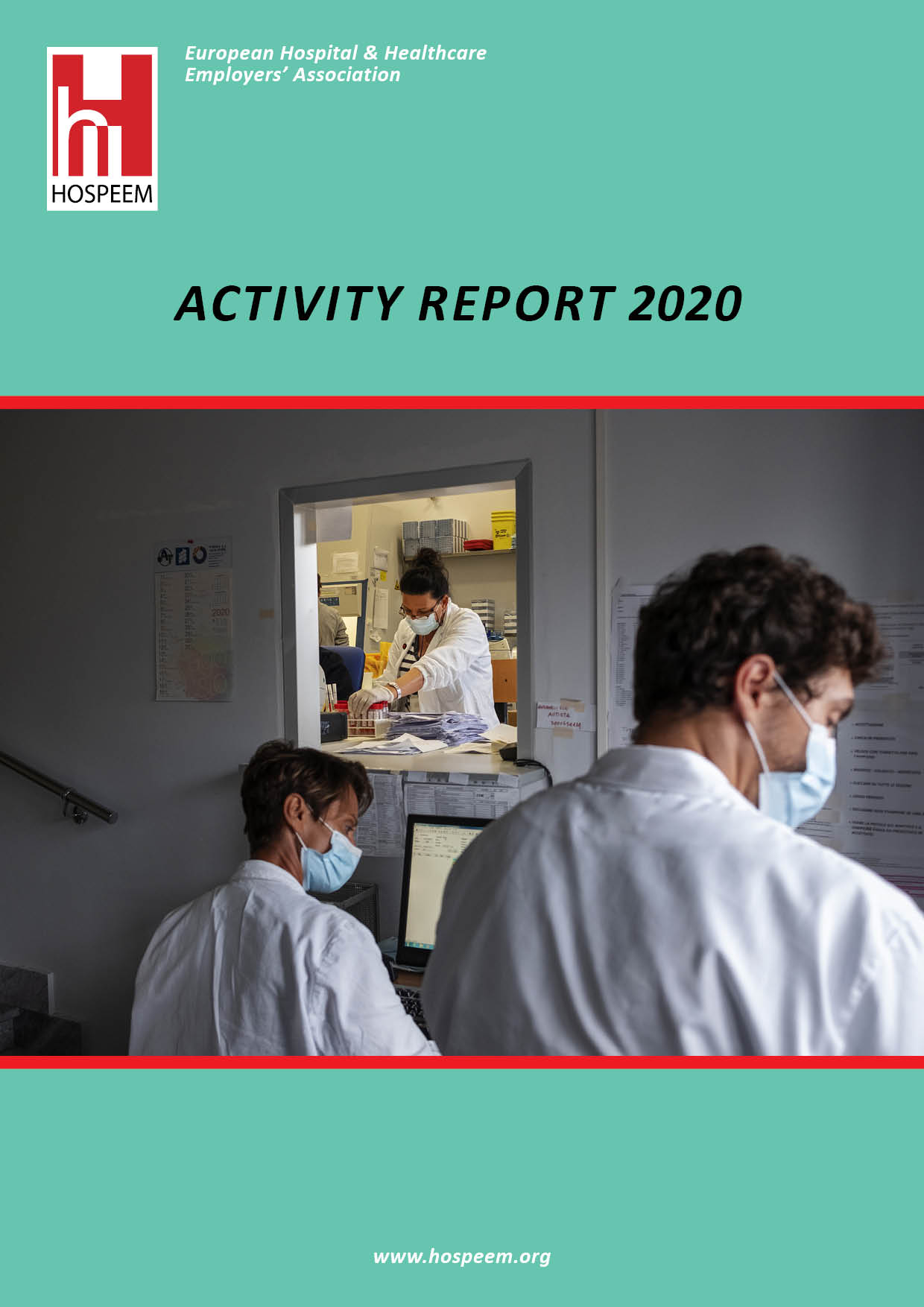
 In this document you can find the highlights of the work of the HOSPEEM-EPSU Sectoral Social Dialogue Committee for the Hospital and Healthcare Sector. In 2020 the Sectoral Social Dialogue Committee for the Hospital and Healthcare Sector
In this document you can find the highlights of the work of the HOSPEEM-EPSU Sectoral Social Dialogue Committee for the Hospital and Healthcare Sector. In 2020 the Sectoral Social Dialogue Committee for the Hospital and Healthcare Sector 
Recent Comments